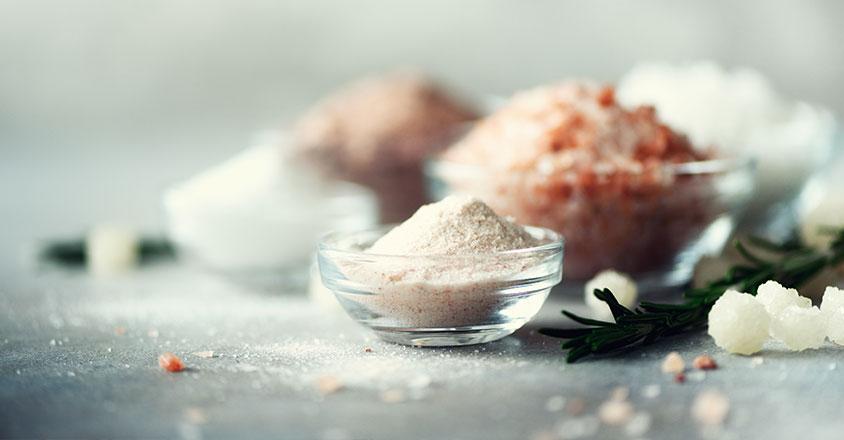

Hold the salt. Why your body isn’t a pretzel.
Let’s talk about salt. That magical mineral that turns bland vegetables into delicious side dishes, makes popcorn addictive and lurks in pretty much everything you are eating. Salt is so sneaky, it could moonlight as a magician.
But while it may make your fries taste like heaven, your heart might have other opinions. Spoiler alert. Your heart is not a fan of salt.
So, how much is too much?
According to the Centers for Disease Control and Prevention (CDC), most adults should aim for less than 2,300 milligrams of sodium per day. That’s about one teaspoon of salt. Yes, one. As in, you probably hit that limit before lunch just by breathing near a fast-food combo meal.
Unfortunately, the average American consumes over 3,400 milligrams per day. That’s enough sodium to season a small lake, or at least make your kidneys cry salty tears.
Why should you care?
Your body needs some sodium. It helps muscles contract, nerves function and fluid balance stay, well, balanced. But too much can raise blood pressure, which raises your risk of heart disease and stroke. The American Heart Association, who we trust to know what hearts like, says high blood pressure is the leading cause of preventable heart disease and stroke deaths in the U.S.
In case your heart wasn’t already mad enough about last weekend’s bacon cheeseburger, it turns out high sodium intake is a global public health concern. The World Health Organization recommends limiting sodium to less than 2,000 milligrams a day. That's even less than what the U.S. allows. Great, now even the WHO thinks we're salty.
How to cut back without crying
Good news. You don’t need to start licking celery sticks in sadness. The Harvard T.H. Chan School of Public Health suggests a few simple strategies like reading nutrition labels, cooking more at home and flavoring food with herbs, spices or even a dash of lemon juice instead of the salt shaker.
Pro tip. Just because it doesn’t taste salty doesn’t mean it isn’t. Bread, deli meat, cheese and even breakfast cereal can contain surprisingly high amounts of sodium. Check the label. Be the sodium sleuth your arteries deserve.
Bottom line
Salt is great in moderation, but when consumed like it’s going out of style, it can lead to real health issues. Keep it flavorful, not fatal. And remember, your body is not a pretzel. It doesn’t need to be covered in salt to function.
Ready to get healthy?
Sign up for our digital newsletters to receive health tips, recipes, success stories for inspiration and information about new doctors to help you on your journey to better health.
Genesis HealthCare System’s Health and Wellness content conveniently provides accurate and helpful information. Your health history and current health may impact suggestions provided through our Health and Wellness content. Although we hope this information is helpful, it is not a substitute for your doctor's medical advice. Before making any significant changes, please consult your doctor.



